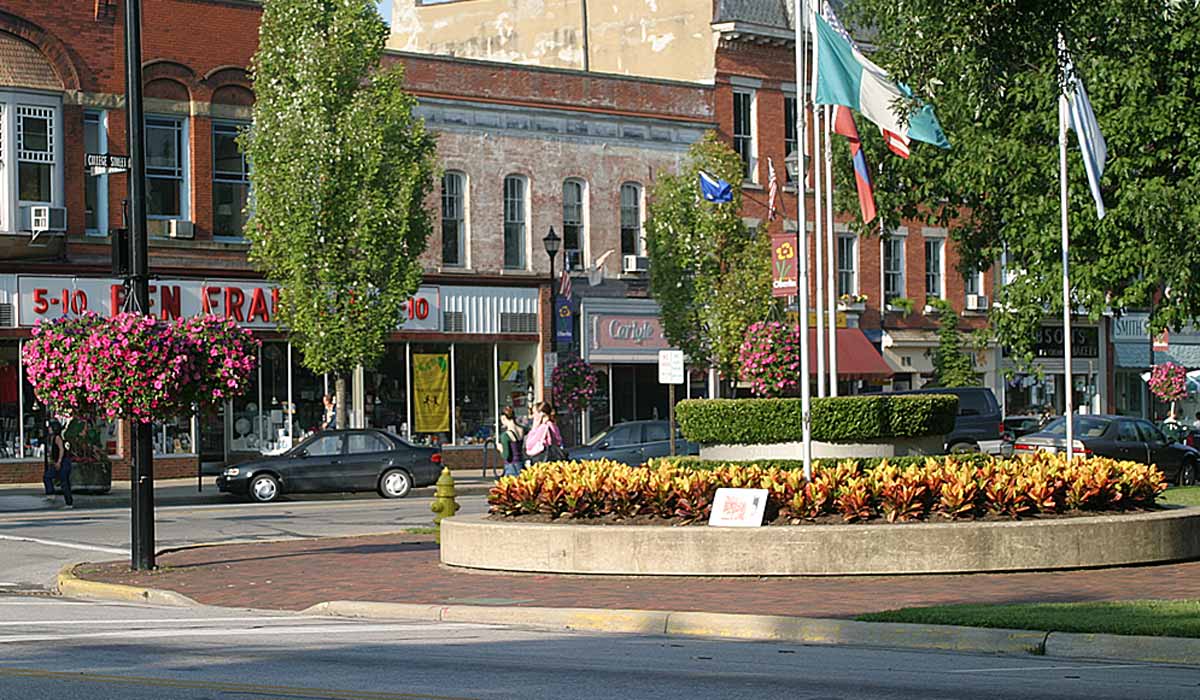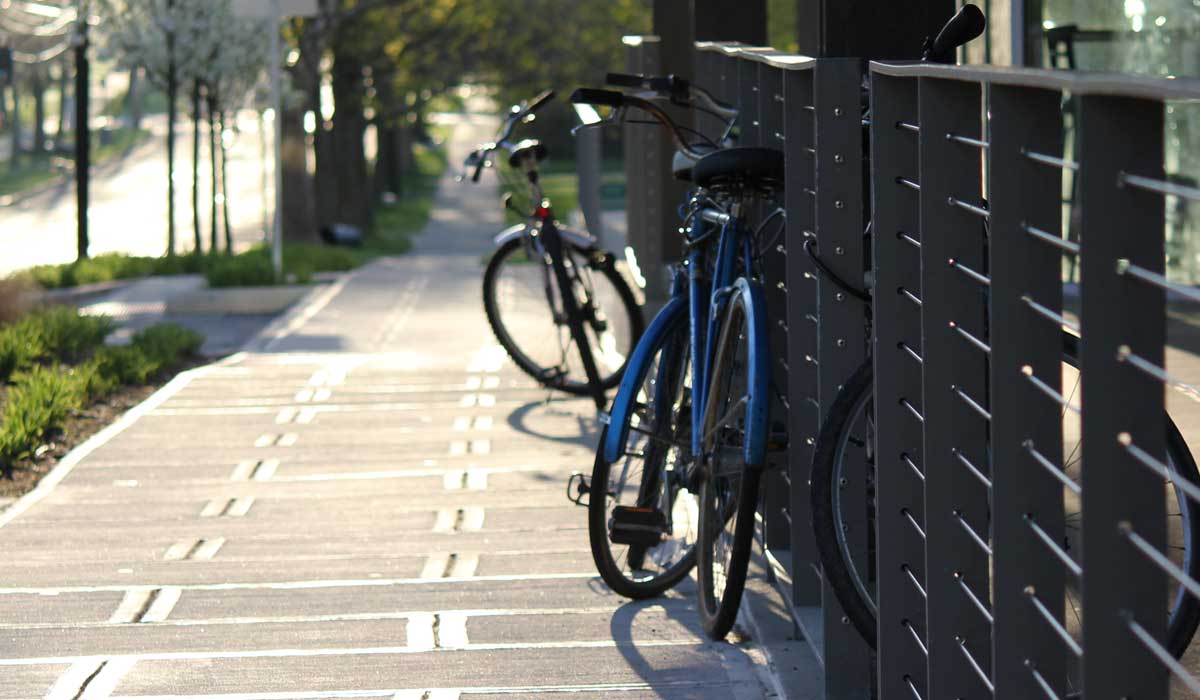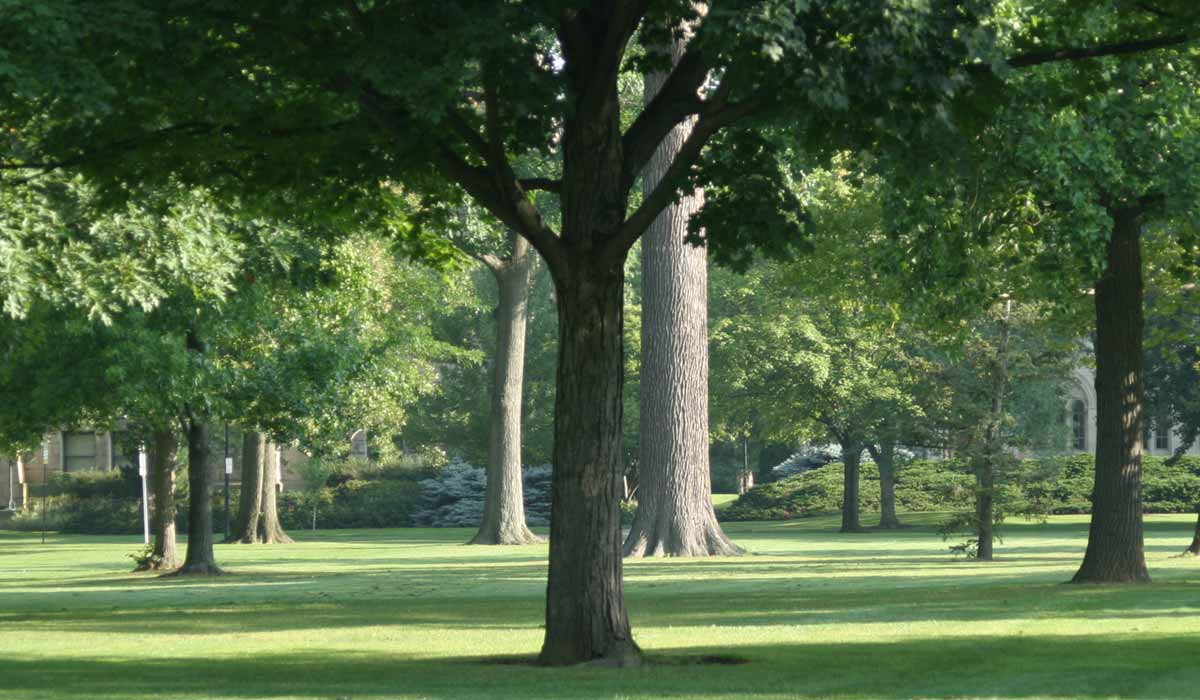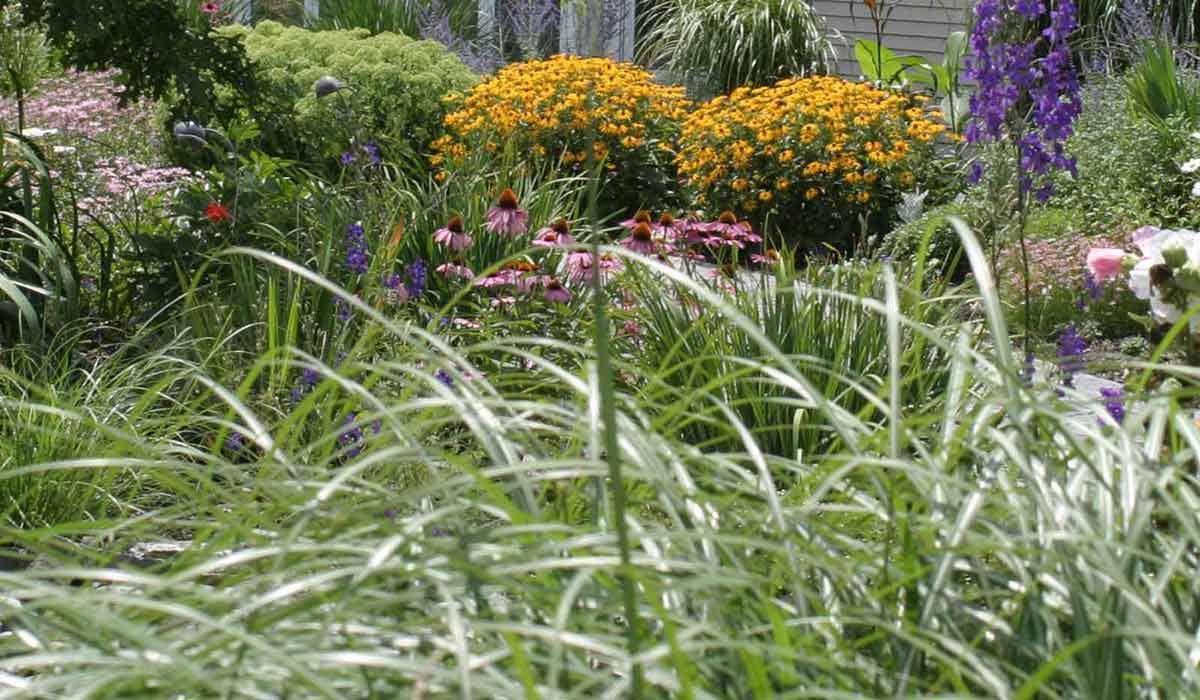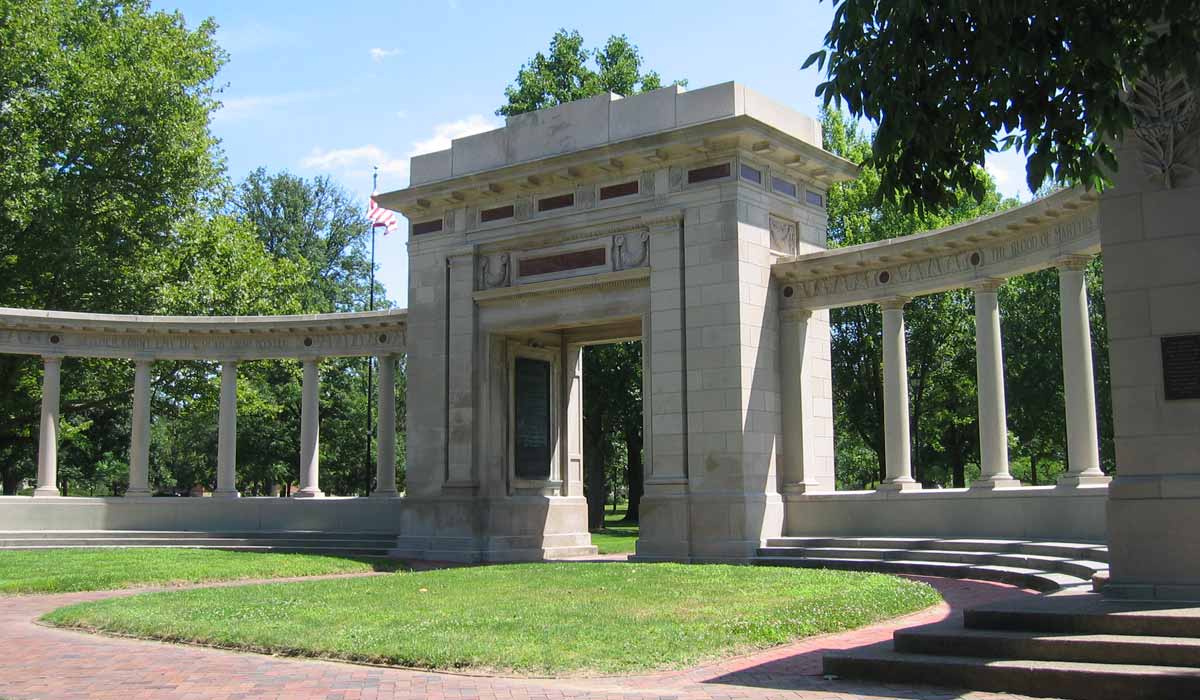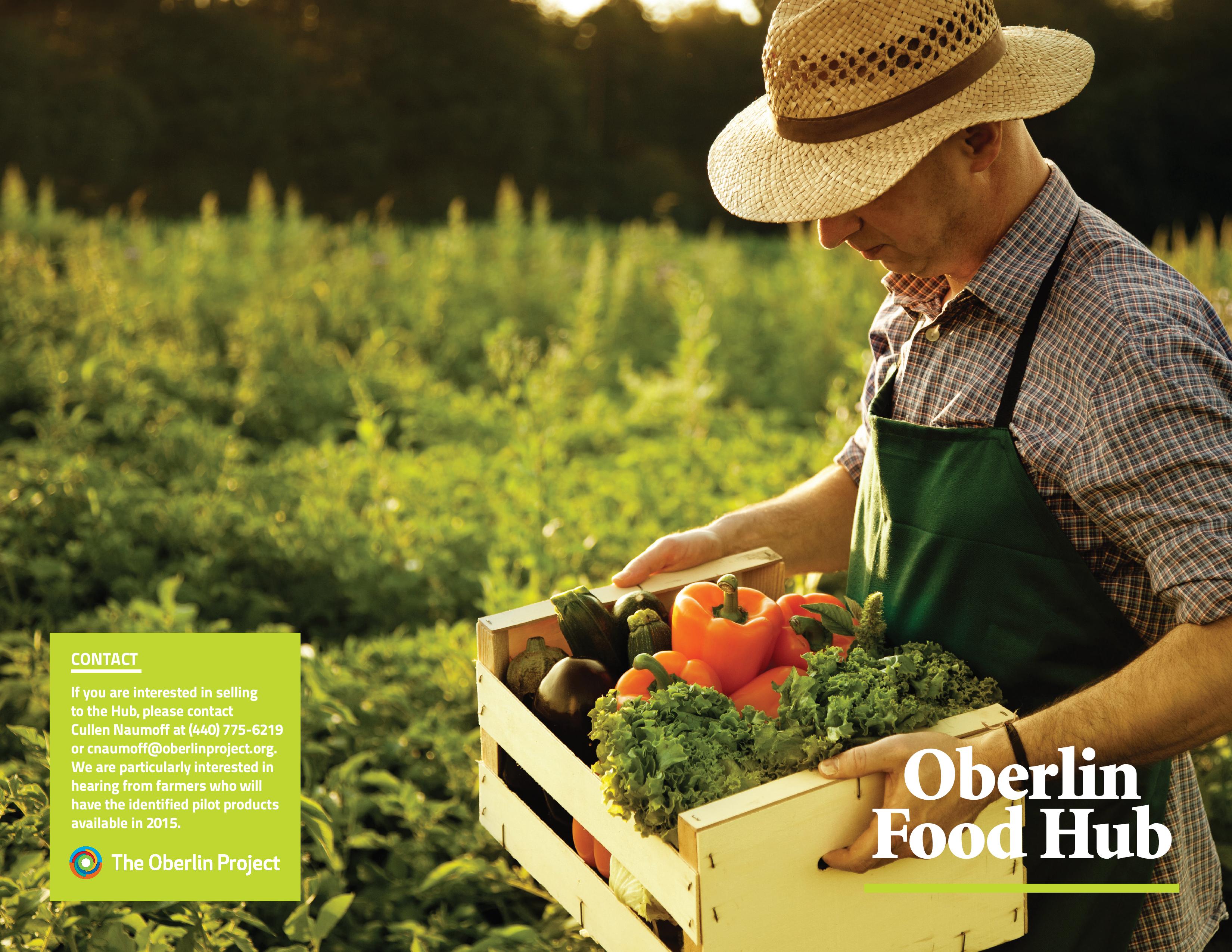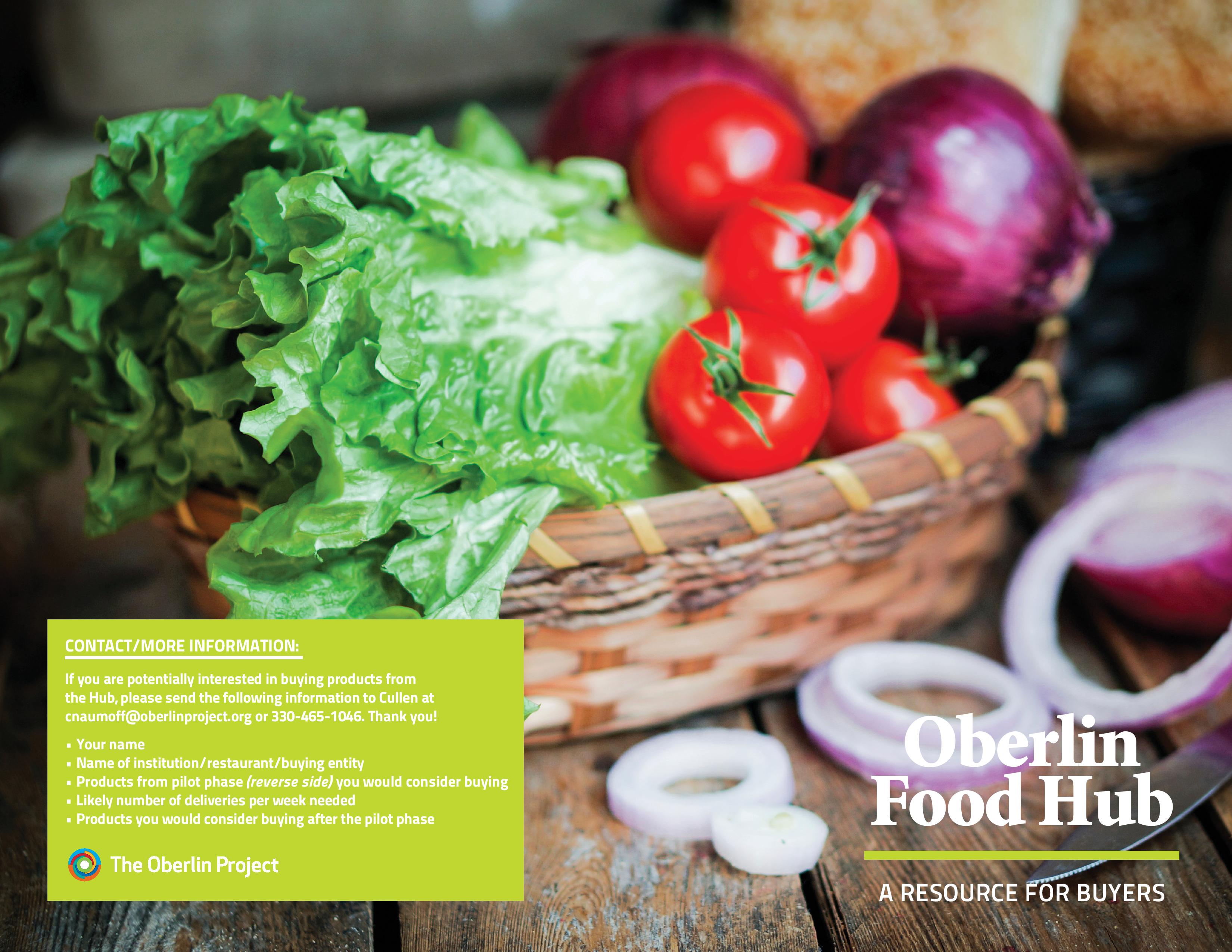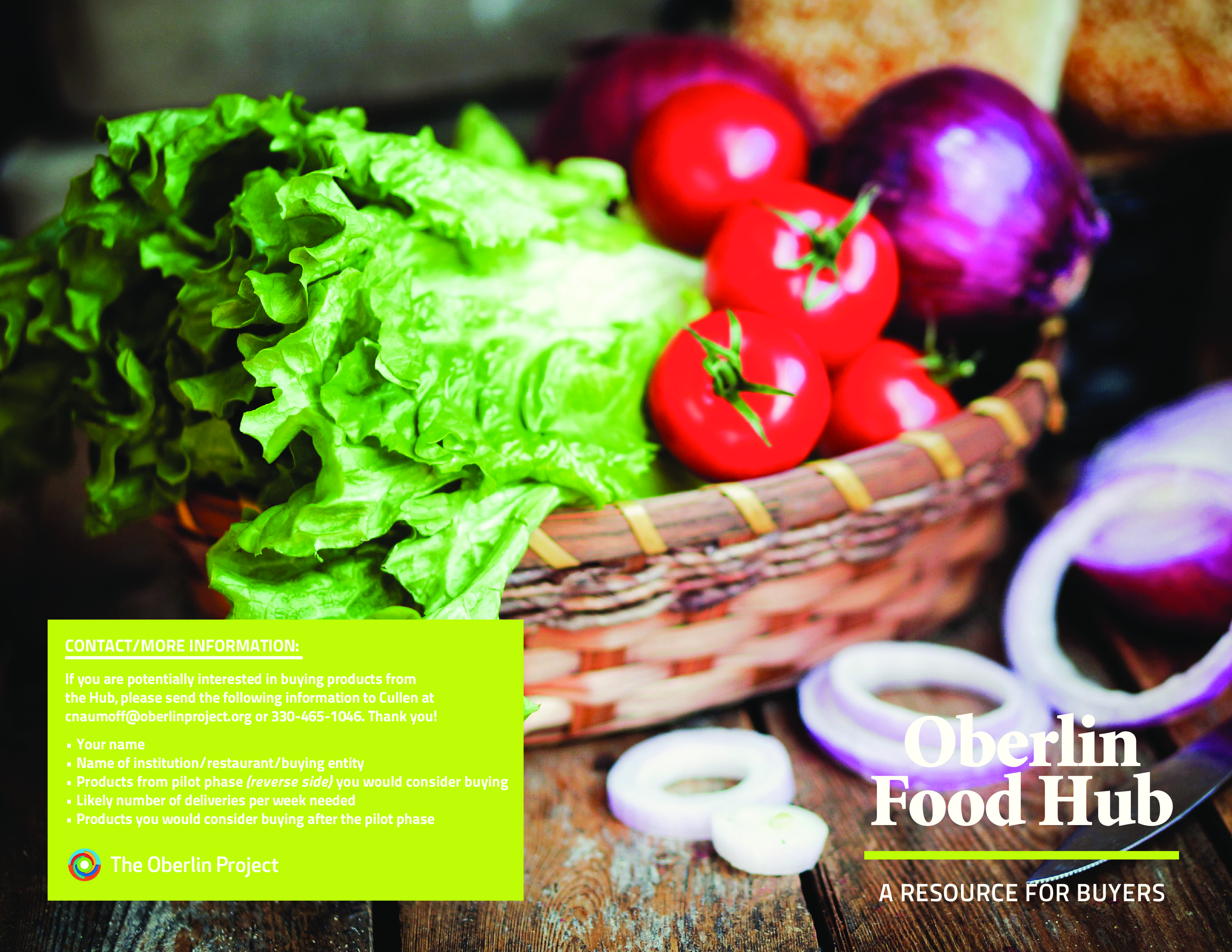The four components will be developed through the following methods:
Assessment: The assessment will include:
- An analysis of existing market depth, supply networks, historic economic trends, and assets;
- Videographies and case studies of current local food innovators in the Oberlin community;
- Review of potential climate change impacts on local agriculture; and
- Community-based strategic vision for local food systems development.
Investment: Investment opportunities for local food systems development will include:
- Development of a Community Investment Portfolio that includes local projects that will expand opportunities in the local food economy;
- Summary of existing assets in the community that are currently utilized or could potentially be utilized to support local food systems growth;
- Identification of strategic assets that need to be developed to make-up for gaps in the existing local food economy; and
- Review of the seven forms of capital identified in the Wealth Creation in Rural Communities, including individual, social, intellectual, natural, built, financial, and political.
Capacity: Building capacity for local food systems activity will include:
- Organization of a series of learning workshops to cover such topics as local foods and community development, perennial agriculture, soil restoration, agro-forestry, aquaculture, rotational grazing, and carbon farming.
- Development of a learning consortium of local non-profit organizations and educational institutions to include vocational, entrepreneurial, and informal learning opportunities.
- Identification of network of local farmers or educators who can participate in a cross-learning or mentoring network.
Replication: Sharing ideas, lessons, and best practices with the broader Northeast Ohio region.
- Work with the NEOFoodWeb.org to share reports, video content, and best practices for local food systems development;
- Connect Oberlin Project with broader initiatives throughout Northeast Ohio to localize food systems and improve the capacity for Oberlin to both inform and be informed by other initiatives in the region.

